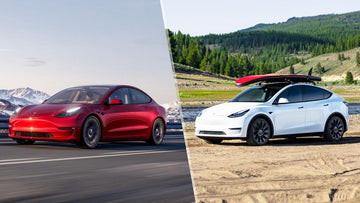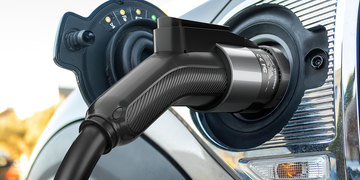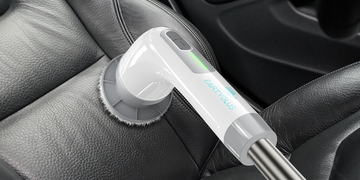Superchargers, the high-speed charging stations developed by Tesla, have not been compatible with non-Tesla electric vehicles (EVs) for several reasons:
Proprietary technology: Tesla developed its Supercharger network using proprietary technology, which includes not only the physical connectors but also the software and communication protocols necessary for charging. This proprietary nature has made it challenging for other automakers to adopt Superchargers for their own EVs.
Different charging standards: Tesla uses a unique charging standard for its Superchargers, while most other automakers and charging infrastructure providers adhere to industry standards like CCS (Combined Charging System) or CHAdeMO. These standards determine the physical connectors and communication protocols used for high-speed charging, and Tesla's system is incompatible with these standards.
Business considerations: Tesla has made significant investments in its Supercharger network, using it as a competitive advantage to promote its vehicles. Opening up the Supercharger network to other automakers could reduce Tesla's competitive edge in terms of charging infrastructure. It's a strategic decision that Tesla has made to differentiate itself in the EV market.
Control and quality assurance: By maintaining control over its Supercharger network, Tesla can ensure the quality and reliability of its charging infrastructure. They can also control the user experience and maintenance, which might be more challenging if they were to open the network to other manufacturers' vehicles.
Charging speed and vehicle compatibility: Superchargers are designed specifically for Tesla's vehicles and their charging capabilities. Adapting the network for non-Tesla EVs could require significant modifications to accommodate different voltage, current, and power requirements. It might also involve software adjustments to manage charging sessions for a wide range of EVs.
Why Haven't Superchargers Been Compatible with Non-Tesla EVs? That said, there have been some discussions and initiatives to develop interoperability between different charging networks and standards to create a more unified charging experience for all EV users. For example, organizations like CharIN (Charging Interface Initiative) are working to establish common standards for fast-charging connectors to facilitate cross-compatibility among various EVs. As the EV market continues to grow, we may see more efforts to create open standards and interoperability between different charging networks.





